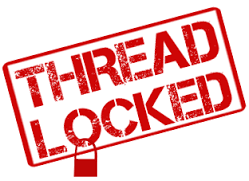Your comments
It might be a good idea to include those so that clashes can be handled safely.
Good idea.
I could even use this timestamp to display the "recently read" books.
Your CBZ contains a "__MACOSX" folder, filled with "jpg" files which are not really JPG files.
To create the cover, Ubooquity looks for the first image file in the archive. In your case, the first image is not readable and Ubooquity fails to create the cover.
The online reader fails for the same reason.
The fix is simple: just remove the "__MACOSX" folder from the CBZ (it has no use anyway).
Yes, it's technically feasible, but as usual, it would require time that could be spent on other features.
That's the first time in almost 4 years that settings compatibility is lost with a new version. I know it's a bit painful, but I'll rely on users for this one, sorry.
Brinkdogg, due to heavy changes in 2.0.X, you have to reconfigure Ubooquity as if it were a completely new installation (shared folders, users, etc.).
Let me know if you already did that and still have issues.
Too complex: it would require a new "super user" role, specific UI, database modifications, etc.
As Gauntlet said, the next best thing is using separate folders for sfk and non-sfk content.
(that's what I plan to do when my kids are old enough to read comics)

Please don't post here anymore
And now I realize I can't lock threads...
Anyway, I'll just put a big lock image to ask people to stop posting.
Thanks for your work too, It's really nice to see people building things around Ubooquity. I'll continue expanding the "interaction points" Ubooquity offers (customization, APIs...).
Have fun with Kotlin and Tensorflow. :)
For this problem, the solution is at the bottom of this thread:
Customer support service by UserEcho


Thanks for the proposal, but there is nothing I can do against file corruption: this is managed at a level (the database library) that is not run by my code.
As for the root cause, I can only guess the process was killed brutally at some point (power outage perhaps).